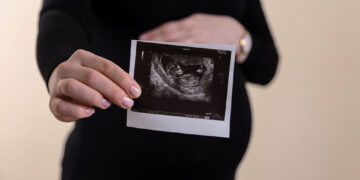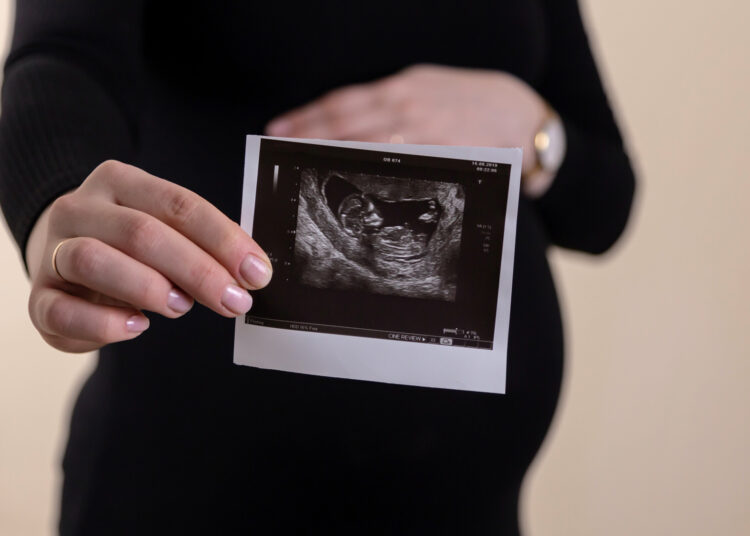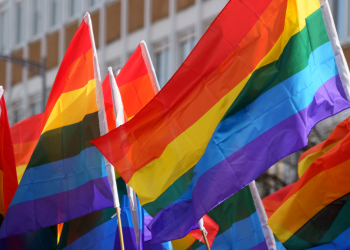· The European Court of Human Rights ruled that the coercion of a Russian mother to have an abortion constituted “an outrageous case of inhuman and degrading treatment,” and awarded her 19,500 euros in compensation (about 91,000 zlotys).
· The 20-year-old girl was forcibly taken to the hospital and forced to have an abortion by her parents, who disapproved of her relationship with the man who fathered the child.
· The father beat his daughter and threatened to throw her out of a speeding car into the street, as well as kill her if she did not submit to his will.
· The girl, out of fear, finally succumbed and had an abortion, and has since suffered from infertility.
· Russian police discontinued the investigation, finding that the parents “had no bad intentions.”
· In the Court’s view, Russia violated the maltreatment ban.
In 2010. A 20-year-old girl, a resident of the autonomous republic of Bashkortostan in Russia, became pregnant by her boyfriend. Her parents, however, disapproved of the relationship, due in part to the man’s suspicions of ties to the criminal world. When they learned that he had been arrested, they decided to force their daughter to kill her unborn child. The girl vehemently opposed it, but the father forced her to do it with violence. On May 1, 2010, the parents took the girl in a car, which they drove to the state hospital in Tujmaz to have her aborted. During the trip, the girl continued to protest, to which her father threatened to throw her out of the speeding car to induce a miscarriage if she did not stop. Despite the threats, she did not give up – on the way she managed to send a text message to her brother asking for help, and upon reaching the place, she announced to the doctor-gynecologist on duty and the nurse on duty that she wanted to continue the pregnancy and absolutely did not wish for an abortion. The doctor and nurse, however, convinced the patient to kill the baby. The girl’s mother – in the absence of the father, who stayed in the hallway outside the office – revealed that if the abortion did not take place, her husband would murder them both. Fearing for her own life, the girl agreed to have the abortion. She never gave birth to any more children – in later years she had two miscarriages, until she was finally diagnosed with permanent infertility.
Later that day, police arrived at the parents’ apartment in response to a notification from the girl’s brother, alerted by her text message. After questioning the parents, their daughter and her brother, the police dropped the investigation, concluding that although the abortion had occurred, the parents “had no bad intentions,” but “believed they were acting in the best interest of their child.” Shortly thereafter, however, the police reopened the investigation and discontinued it again, this time pointing out that the abortion had been performed by a specialist doctor, in an accredited clinic, within the statutory time limit, and only if one of these conditions had not been met could a crime be said to have been committed.
In 2011, the girl sued the Tujmaz hospital for compensation for mental and physical suffering caused by an abortion performed without her consent. The first instance court dismissed her claim, pointing out that the woman “consented to the abortion in fear of her father’s threats, from which it follows that her consent to the abortion was voluntary.” However, the court of second instance overturned the verdict and awarded her a token compensation of 20,000 rubles (about 2,300 zlotys), finding that her health had not been seriously damaged by the abortion.
In 2012, the girl filed a complaint with the European Court of Human Rights. In 2022. Court ruled that Russia had violated Article 3 of the Convention (prohibition of ill-treatment) and awarded her 19,500 euros in reparations (about 91,000 zlotys). The Court said that forcing the applicant to have an abortion, in violation of elementary standards of medical law, constituted “an outrageous case of inhuman and degrading treatment, which not only resulted in serious damage to her health – the loss of her unborn child – but also involved long-term psychological and physical consequences.”
– The Court could not have ruled otherwise in this case, which was a clear case of a staggering violation of the mother’s rights. There is a loophole in Russian law whereby simply performing an abortion without a woman’s consent is not a crime unless it caused serious harm to her health. However, the Court rightly found that such a loophole did not absolve the Russian police from having to take action, which was a duty under Article 3 of the Convention. It is only unfortunate that the Court failed to recognize that any abortion also constitutes a violation of the unborn child’s right to life. However, it is worth appreciating that this is the first time that the life in the mother’s womb has been referred to as an “unborn child” in the reasoning of an ECHR judgment, whereas until now impersonal phrases such as “fetus” had been used,” said Weronika Przebierała, director of the International Law Center of the Ordo Iuris Institute.
Case of S.F.K. v. Russia, ECHR judgment of October 11, 2022.




















Discussion about this post